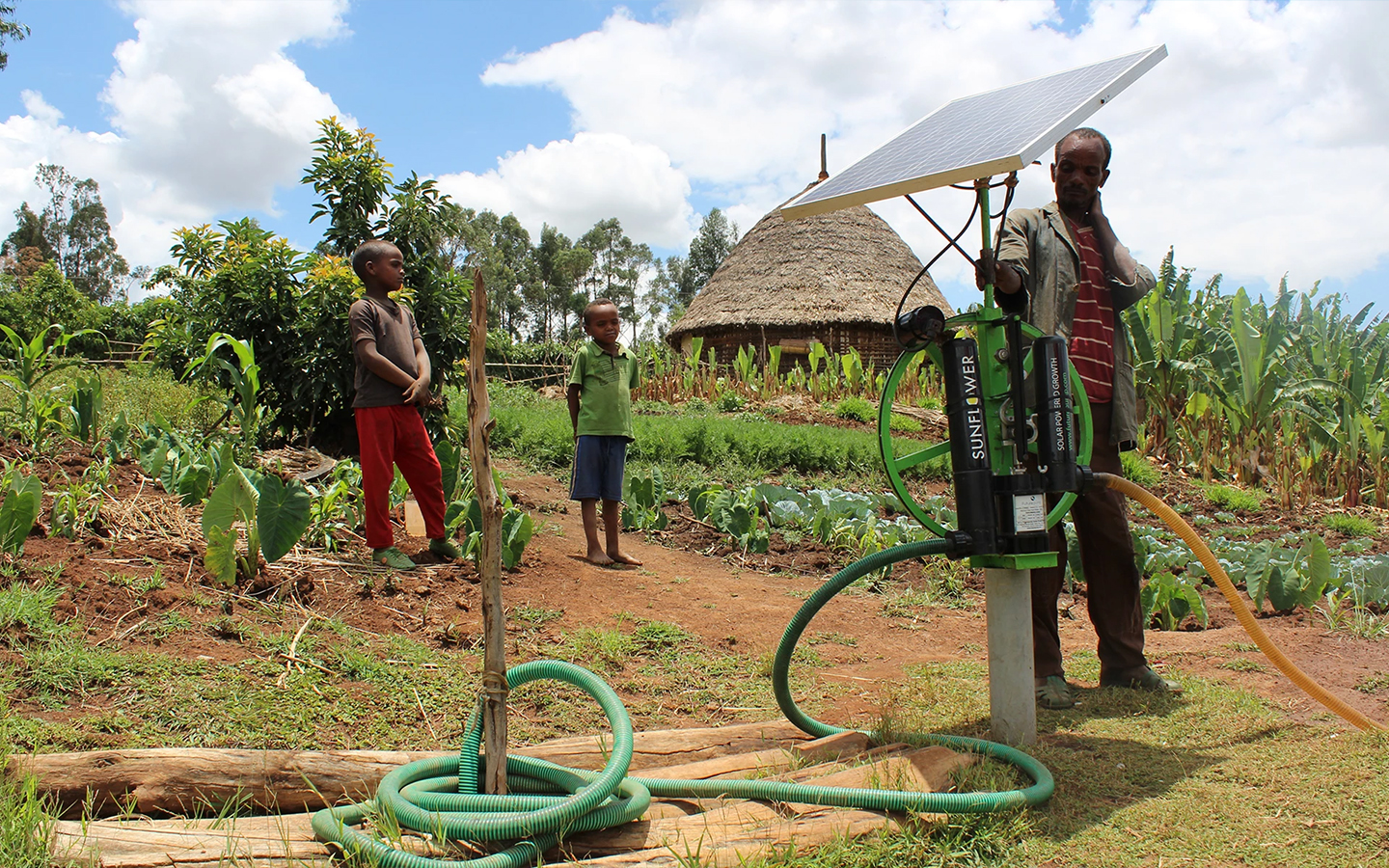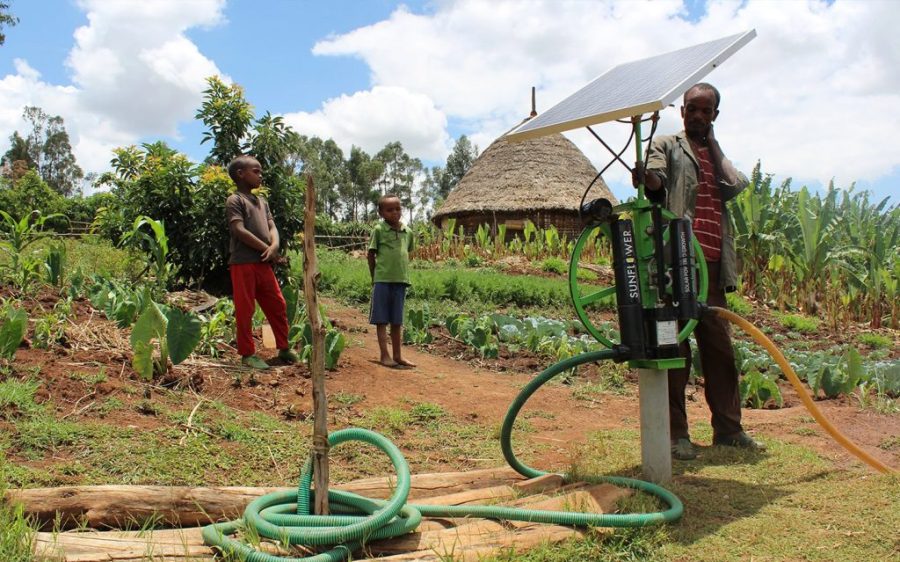New data from the National Institute of Statistics (INE) reveals that nearly half of all households in Mozambique do not have any electricity supply at home and, of those that do, almost 20 percent use solar panels installed for self-consumption, reports Lusa.
In a country of more than 6.3 million households, 49.9 percent “are without connection to the grid or other electricity solutions, a situation that is more serious in rural areas (86.8 percent),” says the INE report.
Of those with an electric connection, just 32 percent had access through the national electric grid while 18.1 relied on other sources.
[See more: Mozambique to launch tender for 60MW of solar projects]
Mozambique has an installed electricity production potential of 2,966 MW, with an energy profile dominated by hydropower. Solar capacity is also growing every year. Urban areas benefit the most from access to these sources through local or national electrical grids (72.2 percent), although many use electric generators (58.3 percent).
In rural areas, those who can access electricity do so primarily through solar energy (85.3 percent), rechargeable batteries (74.9 percent) and dry cell batteries (71.4 percent), like those commonly used in portable devices.
For those that have access to electricity at home from sources outside the national or local electrical grids, solutions are dominated by dry cell batteries (47.1 percent), followed by personal solar (19.4 percent), rechargeable batteries (1.8 percent) and generators (0.5 percent).






